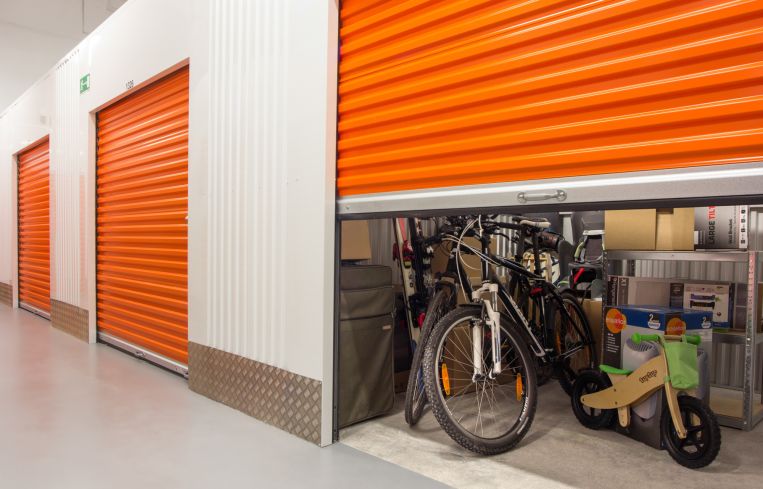Self-Storage Continues to Have a Good Pandemic
It's not just Bill Gates' investment either
By Tom Acitelli November 25, 2020 5:56 am
reprints
The self-storage industry continues to have a good pandemic, with rising rents and robust demand, but a fresh round of COVID-related lockdowns could negatively impact it.
That’s according to a new monthly report from Yardi Matrix, which tracks self-storage. The report found that national street rates, or rents, for standard 10-by-10, non-climate-controlled, self-storage units increased 2.7 percent in October compared with the same month in 2019. Rates for 10-by-10, climate-controlled units rose 0.8 percent annually in October, the first positive growth in annual rates for this type of unit since the end of 2017.
Rates also increased in major markets, such as New York, Washington, Chicago and San Francisco. What’s more, major self-storage operators, including the real estate investment trusts that dominate the sector, saw increases in demand, according to Yardi Matrix. That demand could lag, though, if there are more lockdowns due to COVID.
“With a third surge of the COVID-19 pandemic hitting the country and likely to strain the U.S. economy again, the strength and resiliency of the self-storage industry will be put to further tests in the coming months,” said the report, which tracked 2,153 self-storage properties in different development stages, from those under construction to prospective ones.
Something similar happened in the spring, when an initial wave of government-mandated lockdowns dented the self-storage sector’s usual bonhomie. For years, even through and immediately after the Great Recession, self-storage sailed along as one of the more stable, albeit alternative, commercial real estate sectors. It’s long relied on what operators and analysts call the four Ds — death, displacement, divorce and disaster — to see it through even tough times.
A booming economy post-Great Recession that spurred consumer spending didn’t hurt either. Simply put, Americans bought a lot of stuff and needed places to store it.
But this steady success led to a lot of new, self-storage development nationwide. The number of facilities ballooned, which risked oversupply in many markets. Street rates started to wobble, even before the pandemic, and it looked like the sector had finally met its match in COVID in terms of economic uncertainty.
Yet, the pandemic ended up pausing a lot of self-storage and construction, at least temporarily, proving a boon for the sector, as other areas of commercial real estate struggled mightily (think hotels and retail). This boost played itself out in major new investments in the sector. These have included deals by the Bill Gates-controlled Cascade Investment, which put money this fall into Storage Mart; and Blackstone‘s real estate investment trust, which bought Simply Self Storage in October for $1.2 billion.
The success, though, might still lead to oversupply, but the industry is largely past fretting the pandemic, at least beyond what lockdowns it might spur.
“Where there’s pressure on fundamentals, it’s far more driven at this point by the supply cycle than it is by anything related to the bigger economic picture or pandemic,” Ryan Clark, investment sales director at Tampa-based SkyView Advisors, which specializes in self-storage, told CO in early November.



